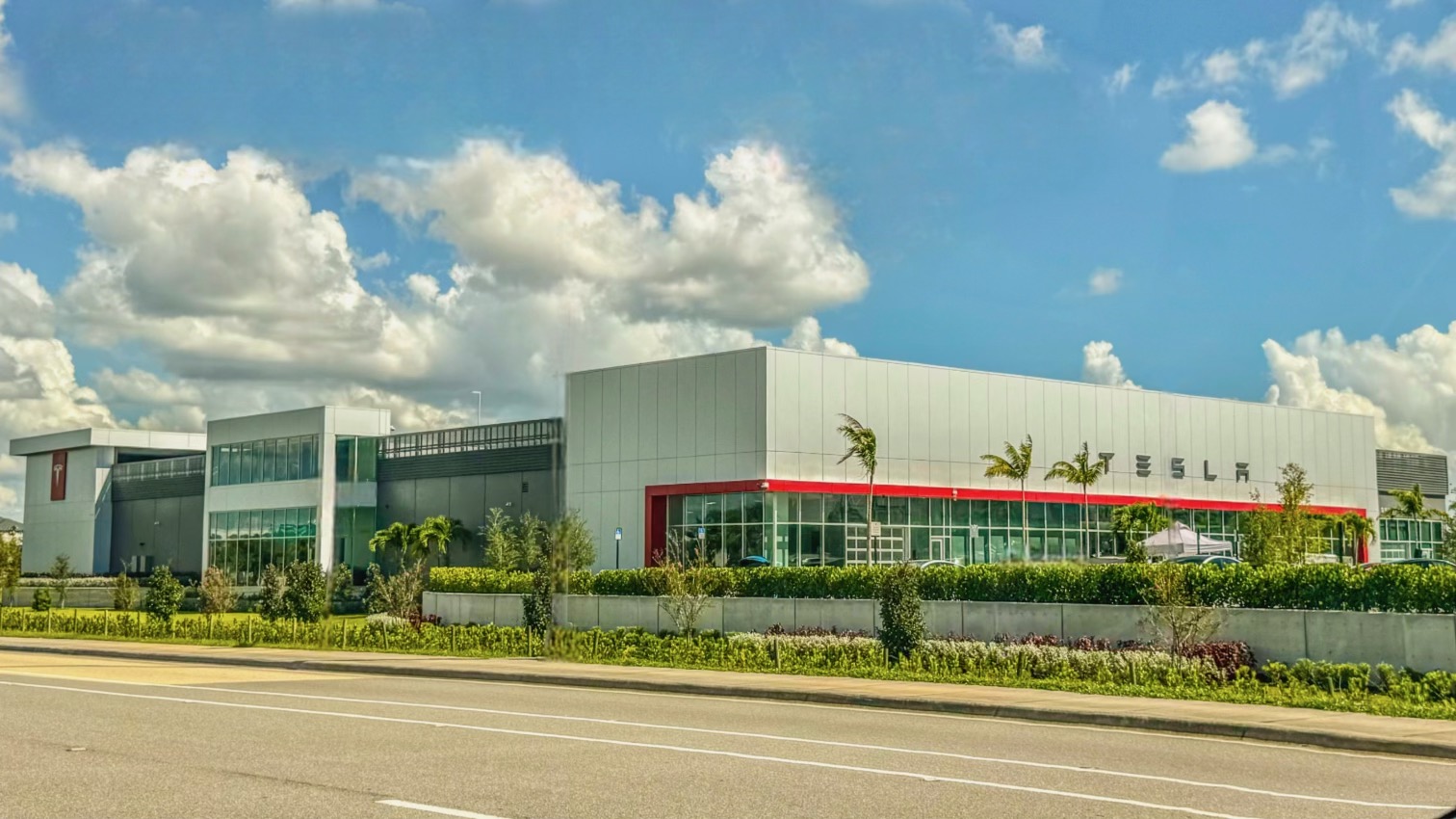London, 13 July, 2023, (Oilandgaspress)-Bentley’s renewably-powered showcase at Goodwood Festival of Speed was opened in dramatic fashion this morning, with the announcement of a new, albeit unofficial, hillclimb record – fastest car with a trailer. A Bentayga EWB, Bentley’s newest flagship, completed the hill climb at speed in just 1 minute 21 seconds – impressive enough, but made even more surprising by the fact it was towing 2.5 tonnes of straw in a specially-prepared Ifor Williams trailer.
Not only has the run set a new Goodwood record – fastest time for a car and trailer – the unofficial run of 1 minute 21 seconds was completed on second-generation renewable fuel, made from agricultural waste straw. As part of Bentley’s ongoing trails into sustainable fuel, all modern Bentleys running on the hillclimb at the Festival of Speed over the next four days are using renewable fuel, meaning an 85 per cent reduction in carbon emissions on a well-to-wheels basis.

For safety reasons, the run was completed ahead of the start of the Festival of Speed, during the build phase of the event, meaning the record time is not official.
The 2.5 tonnes of straw hauled to the top of hill is enough to create 1,100 miles-worth of fuel that the Bentayga EWB and indeed all Bentleys can run on without modification. The second-generation biofuel conforms to the global EN228 standard for gasoline, meaning it’s a straightforward replacement for normal pump fuel.
The Ifor Williams trailer only needed light modifications for the run, including a bolted frame to secure the straw load and increased tyre pressures. The stability and performance of the car and trailer were tested on three separate occasions, at both Anglesey Circuit and the MIRA proving ground.
Following its successful ascent, both Bentayga EWB and its trailer are on display in the Cathedral Paddock at the Festival of Speed, while a short film covering the run will be shown during the event.
100 per cent Renewable Second-Generation Biofuel
Unlike first-generation biofuels, which are made from food crops grown on arable land, second-generation biofuels use waste products, including agriculture and forestry waste and food industry by-products. During the production process waste biomass is broken down using fermentation, leading to the creation of ethanol. Dehydration of the ethanol converts it to ethylene, which can then be transformed into gasoline through the process of oligomerisation – chaining short hydrocarbon molecules together to produce longer, more energy-dense ones. The fuel produced is 100 per cent renewable and delivers an estimated 85 per cent reduction in CO2 impact compared with conventional gasoline. By using waste materials that would otherwise be disposed of, second-generation biofuel avoids the ‘food versus fuel’ dilemma associated with first-generation biofuels.
Information Source: Read More
Energy Monitors , Electric Power , Natural Gas , Oil , Climate , Renewable , Wind , Transition , LPG , Solar , Electric , Biomass , Sustainability , Oil Price , Electric Vehicles,



